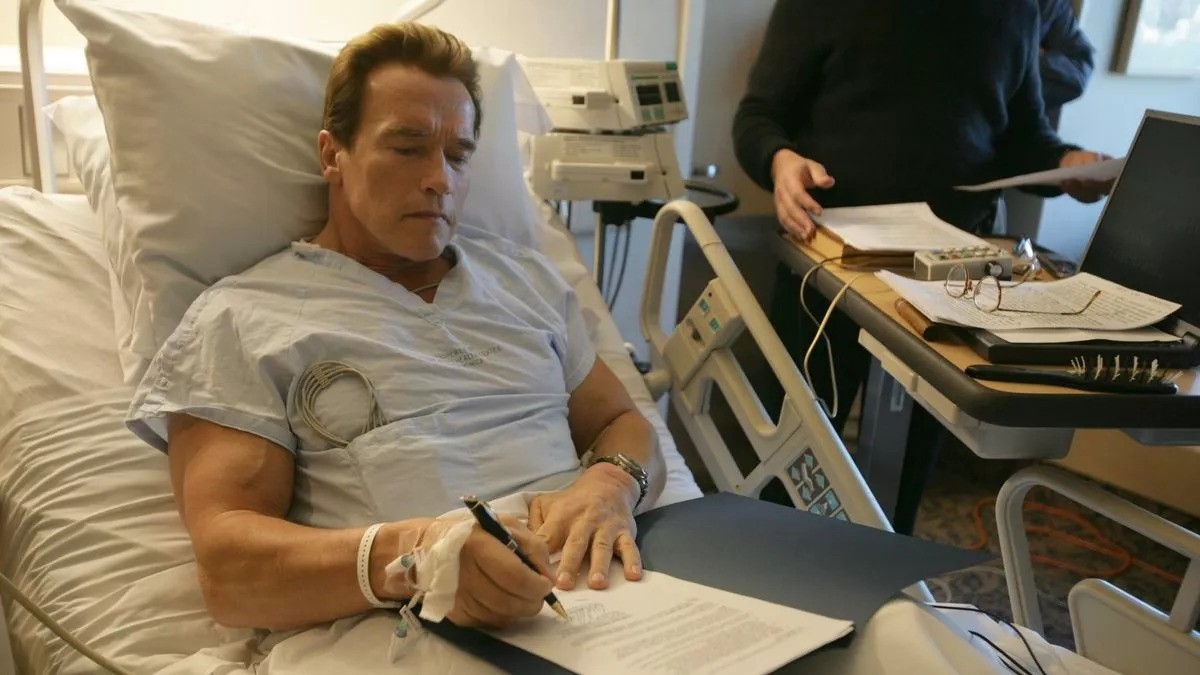ANTIBIOTICS are important medicines for treating bacterial infections in both humans and animals. They are prescribed for a variety of ailments, from a chest infection to infected in-growing toenail. But overuse of antibiotics may be bad for your health so I urge you to think carefully before seeking an antibiotic from your doctor.
The worrying thing is that antibiotics are losing their effectiveness at an increasing rate. Antibiotic resistance is one of the biggest threats to patients’ safety. Overusing antibiotics can affect the body’s natural ability to fight infection and make people more likely to develop infections, including more serious ones.
I am not discouraging people from using antibiotics if they do have an infection that needs treating. But many people think they need antibiotics for a cold or cough. Antibiotics should not be used for simple coughs and colds. And patients should not expect their doctor to prescribe them. If you are prescribed an antibiotic, it’s important to use them in the right way, taking them as prescribed and never saving them for later or sharing with others.
Many antibiotics are prescribed and used for mild infections when they don’t need to be. Many coughs, colds, sore throats, ear-ache and sinus infections will clear without the need for antibiotics. Bacteria can adapt and find ways to survive the effects of an antibiotic. They become ‘antibiotic resistant’, so that the antibiotic no longer works. The more you use an antibiotic, the more bacteria become resistant to it.
My message is: Don’t ask for antibiotics, consider alternatives to antibiotics and ask a pharmacist about over the counter remedies that can help in the first instance.
Before I conclude let me look at one common symptom that makes us want to use antibiotics. The symptom is cough. A cough is a reflex action to clear our airways of mucus and irritants such as dust or smoke. It is a necessary action as it helps us to clear our airways so that we can breathe well. We need oxygen to survive and it has to pass through the airways to reach the lungs where it is absorbed into our blood.
Coughs may be dry or chesty (when one produces phlegm, makararwa) and most coughs clear up within three weeks. Most coughs do not need treatment and simple measures such as honey and lemon may help to ease it off. I know a lot of us like to buy cough mixtures and several adverts entice us to do so but there’s little evidence to suggest that these medicines will be any more effective.
Advertisement
A dry cough is a nuisance and is usually felt in the throat as a tickle that sets off the coughing. This happens when the throat and upper airways become inflamed (swollen). No phlegm (thick mucus – makararwa) is produced. The common cold or flu causes a dry cough because our brain thinks the inflammation in our throat and upper airways is a foreign object and tries to remove it by coughing.
If the dry cough is disturbing your sleep or daily activities and lemon and honey is not helping then one can try cough mixtures and visit their doctors for further assessment.
A chesty cough usually produces phlegm. The cough is helpful, because it clears the phlegm from your lung passages. I would advise against using cough mixtures for a cough that is producing phlegm. This cough is helpful and must not be suppressed but the underlying cause may need treatment and the best thing to do is to see your doctor.
When should you see your doctor?
As a GP I see a lot of patients who come with dry coughs that have just started that very same day and their argument is that they want to “catch it early” so that it does not get worse. These patients will be asking for antibiotics for a dry cough that has just started.
We know that most of these dry coughs are caused by viruses and are self-limiting in that they will clear up within a fortnight or 3 weeks. Having said that there are symptoms which must not be ignored and their presence should prompt one to make an urgent appointment with their doctor.
The following list is not exhaustive but it does include most symptoms that one must not ignore. Their presence means one has to see their doctor without delay.
1- A cough for more than 3 weeks after viral infection
2- A worsening cough regardless of duration
3- Cough with breathing difficulties
4- Cough with chest pain
5- Coughing up blood
6- Unexplained tiredness and weight loss
7- Sudden onset of night sweats
8- If you are just worried about your cough or if it does not feel right.
Let me conclude by saying that there are lots of times when antibiotics and other treatments are really necessary and make all the difference. But all of us, doctors and patients alike, should ask questions before we take or prescribe antibiotics and other treatments. We should always ask if there’s another option — and whether, perhaps, that option might be better.
Sometimes, the best thing to do as a doctor, or a parent, has absolutely nothing to do with a medicine or treatment. Sometimes the very best thing we can do is support and be at someone’s side, help them learn how to make it through the next hour, the next day or maybe even the rest of their life.
This article was compiled by Dr. Brighton Chireka who is a GP and a Patient Engagement Advocate (PEA) in Folkestone Kent, UK. He is also an NHS Certificated Change Agent (CCA). You can contact him at: brightonchireka@yahoo.com
Disclaimer: This article is for information only and should not be used for the diagnosis or treatment of medical conditions. Dr. Chireka has used all reasonable care in compiling the information, but makes no warranty as to its accuracy. Consult a doctor or other health care professionals for diagnosis and treatment of medical conditions.






